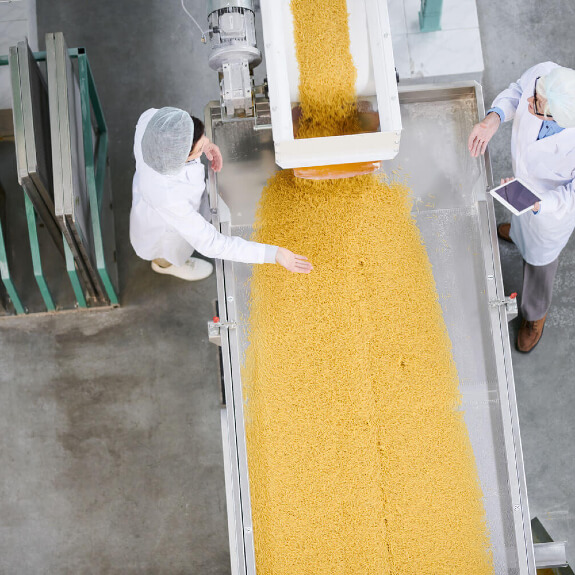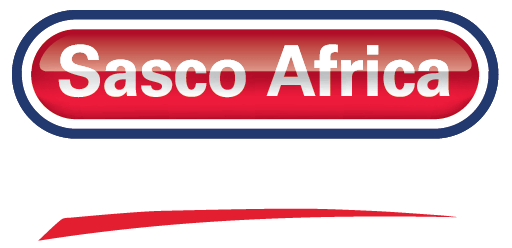
The food processing industry is one that requires the utmost precision and accuracy. One of the important tools in this field is the weighing scale. But what is it specifically used for and how does it contribute to the overall process?
Weighing scales are essential to ensure that all ingredients are measured accurately, ensuring quality control and consistency in each product. They also play a crucial role in maintaining health standards by enabling accurate nutritional labeling.
The Role of Weighing Scales in Food Processing
In food processing, weighing scales are used in various stages of production. Initially, they help measure raw materials accurately, ensuring that each ingredient is present in the correct proportion. This is crucial for maintaining consistency across different batches of a product.
Next, during the manufacturing process itself, weighing scales help monitor product weight at various stages – from mixing ingredients to forming and packaging finished products. This allows factories to maintain a continuous check on their output’s quality and consistency.
Finally, post-production scales help ensure that every packaged product meets its declared weight. This not only maintains customer trust but also ensures compliance with legal regulations related to weight declaration on packaged goods.
Types of Weighing Scales Used
There are several types of weighing scales used within the food processing industry, each with its own unique capabilities designed for specific tasks.
Bench scales are mostly used for measuring smaller quantities of ingredients or finished products with high precision. For larger quantities or bulk materials like grains or liquids, floor scales or platform scales may be utilized due to their sturdy construction and higher capacity.
Checkweighers can quickly weigh items as they pass along a production line and reject those outside a pre-set range – invaluable when you need to ensure consistent product weight while maintaining high-speed production.
Finally, precision balances provide extremely accurate measurements for delicate or costly ingredients. They are often used in laboratories or when creating product prototypes.
Importance of Accuracy and Precision
Accuracy and precision in weighing scales used for food processing cannot be overstated. It is not just about maintaining product quality and consistency, but it also significantly impacts the cost-effectiveness of the operation.
Over-weighing can lead to excessive use of ingredients, thus increasing production costs unnecessarily. Conversely, under-weighing may lead to a poor-quality product that does not meet regulatory standards or consumer expectations. Both scenarios can result in financial losses and damage to the company’s reputation.
Moreover, with consumers becoming increasingly conscious of their dietary intake, accurate nutritional labeling has become a necessity. This relies heavily on precise measurements during production.
Conclusion
The role of weighing scales in food processing is evidently more than meets the eye. They are crucial for maintaining product quality, ensuring consistency, complying with regulations, managing costs effectively and meeting consumer expectations for accurate nutritional information.
We invite you to explore Sasco Africa’s range of weighing systems solutions and scales designed specifically for the food processing industry’s unique needs. From bench scales to checkweighers and precision balances – each designed with accuracy and efficiency at its core – we have all your needs covered.


